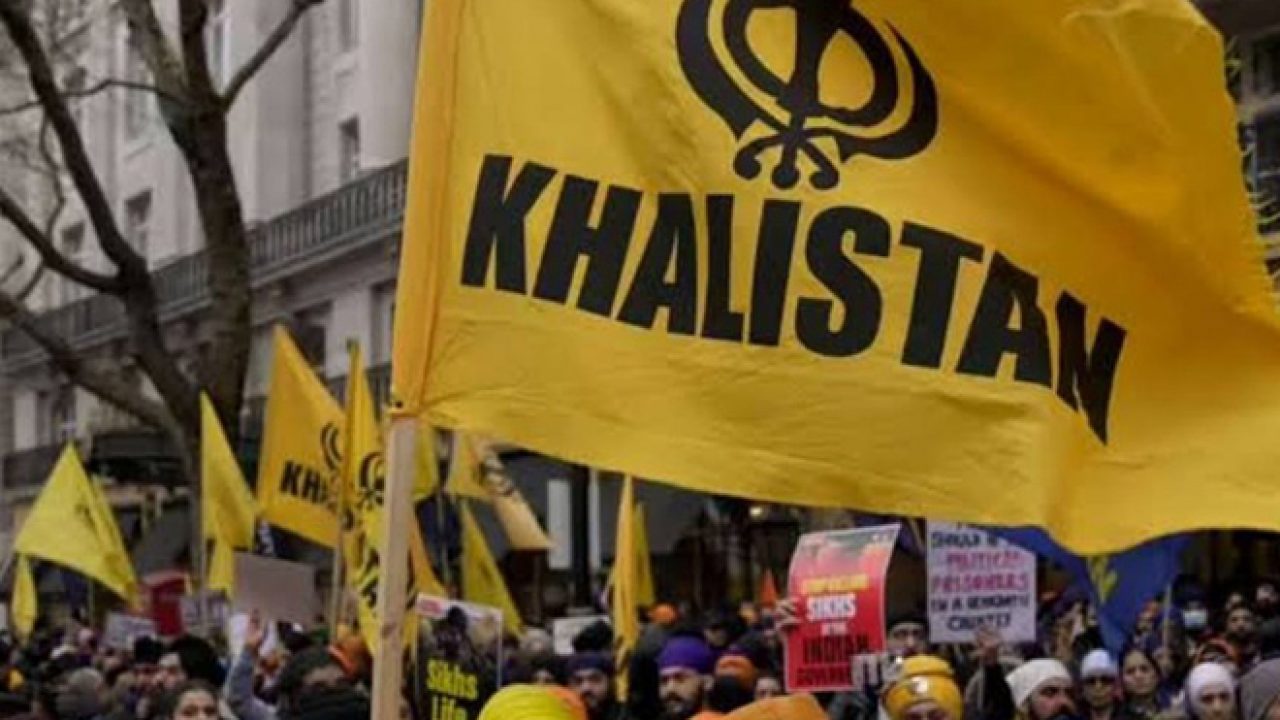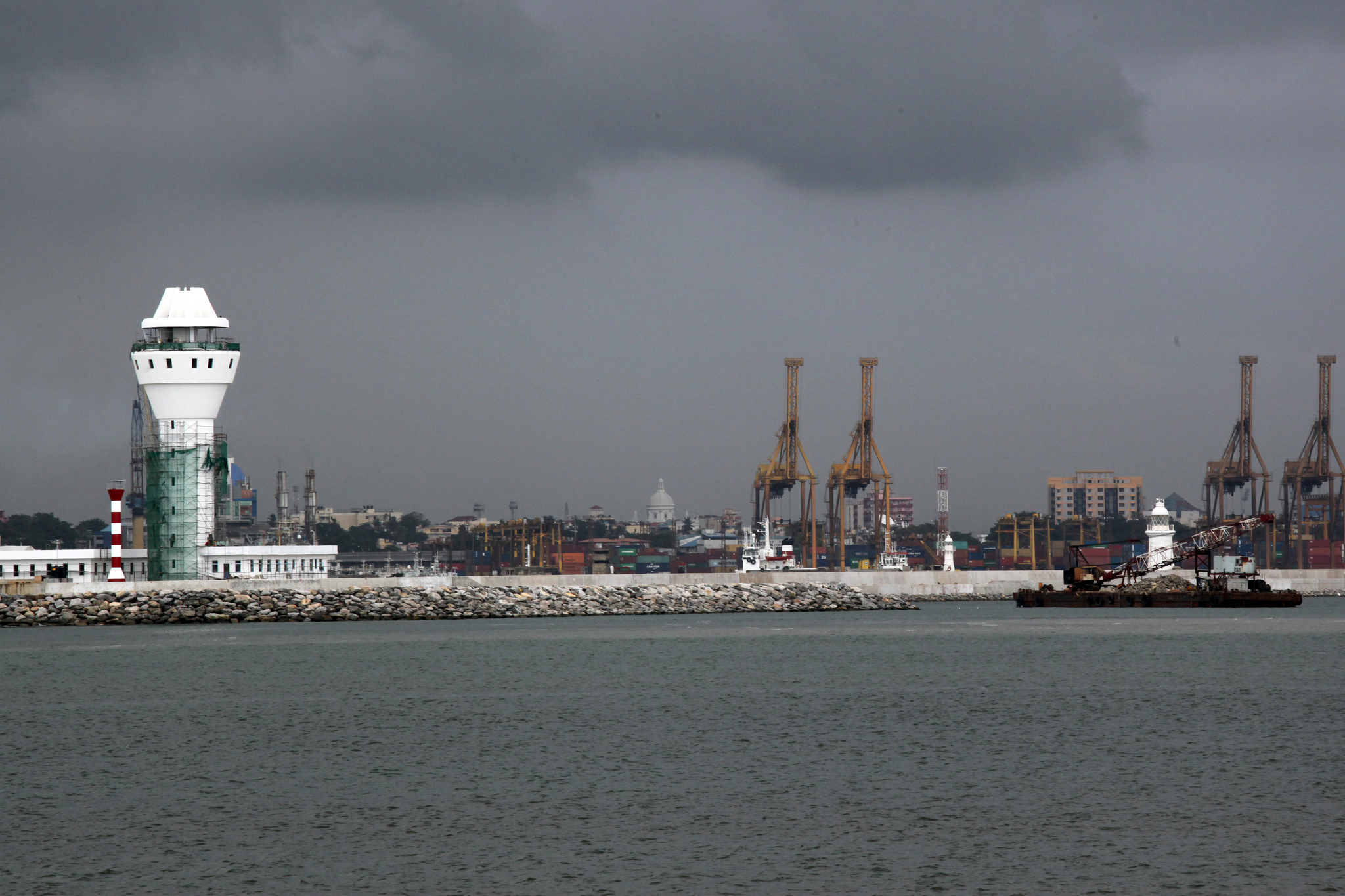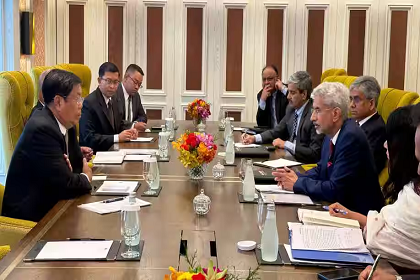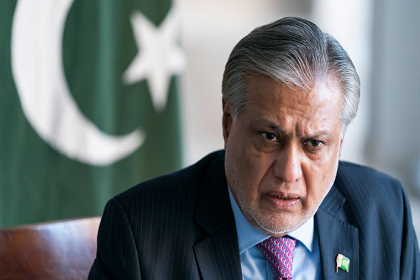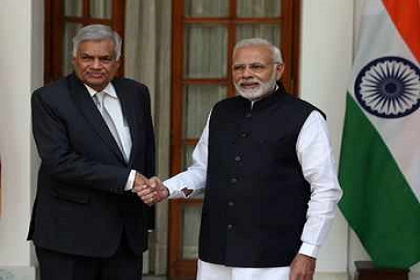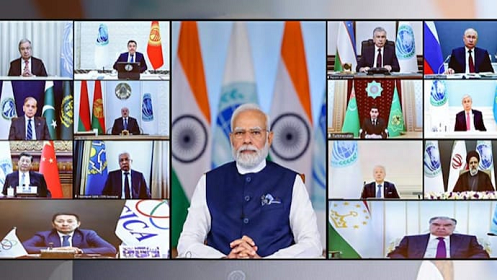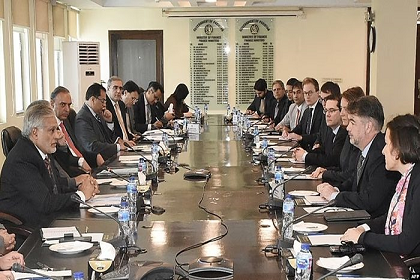ASEAN's efforts to restore democratic transition and political normalcy in Myanmar have come up against a wall of non-cooperation from the state's current military regime. The grouping's internal unity and credibility has also been challenged by two parallelly unfolding policy lines - one favoured by the grouping and the other pursued by Thailand and its supporters. India, which has vital national interests at stake in Myanmar, has supported ASEAN centrality and the 5PC on Myanmar, while also simultaneously demonstrating an understanding of the Thai unilateral policy.

